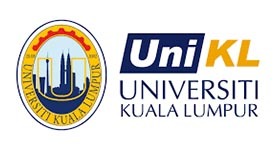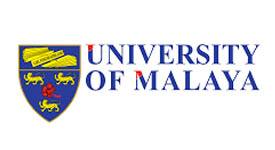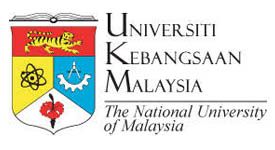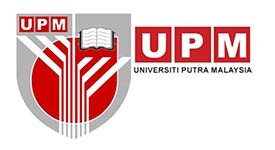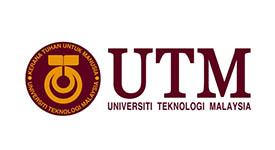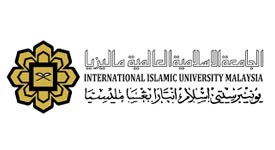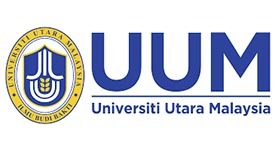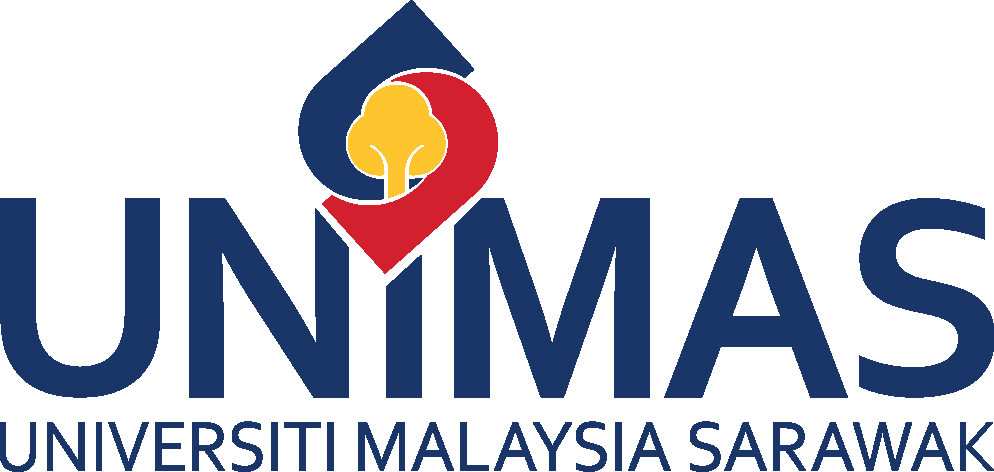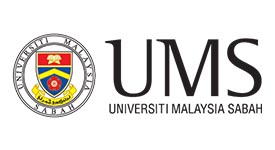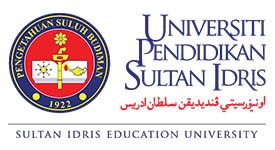Overview of Diploma of Engineering Technology in Telecommunication in Universiti Kuala Lumpur
Malaysia
Telecommunication Engineering is concerned with communicating information at a distance. It is strongly associated with data communications, largely because of the tendency to encode, compress and encrypt all information, and because of the growing importance of digital and wireless (e.g. mobile telephony) networks. Today, telecommunication is widespread and devices that assist the process, such as the television, radio and telephone, are common in many parts of the world. Telecommunication systems are generally designed by telecommunication engineers.
Telecommunication Engineers design, develop, test and maintain telecommunications systems. Telecommunication is an important part of the world economy with the telecommunication industry’s revenue being placed at just under 3 percent of the gross world product.
Programme Educational Objectives (PEOs)
- PEO 1
UniKL graduates who are knowledgeable, competent, and innovative, which will contribute towards the requirement of human capital in Engineering Technology field
- PEO 2
UniKL graduates who are effective leaders with teamwork skills, as well as verbal and non-verbal interpersonal communication skills to support their role in industry
- PEO 3
UniKL graduates who are committed towards the importance of lifelong learning and continuous improvement.
- PEO 4
UniKL graduates who are professional, ethical and socially responsible
- PEO 5
UniKL graduates who are capable of embarking on business and technopreneurial activities.
Programme Learning Outcomes (PLOs)
Majors in telecommunication engineering will be able to:
- PLO 1
Apply knowledge of mathematics, science, engineering fundamentals to well defined practical procedures and practices in telecommunication engineering technology
- PLO 2
Analyse well-defined engineering problems in telecommunication engineering technology
- PLO 3
Formulate solutions to well-defined technical problems in telecommunication engineering technology
- PLO 4
Assist with the formulation of systems, components or processes to meet specified needs in telecommunication engineering technology
- PLO 5
Conduct investigations of well-defined telecommunication engineering technology problems
- PLO 6
Apply appropriate techniques, resources and modern engineering tools, including prediction and modeling to well-defined telecommunication engineering technology activities with an awareness of the limitations
- PLO 7
Function effectively as an individual and as a member or leader in diverse technical teams
- PLO 8
Communicate effectively on telecommunication engineering technology activities with the engineering community and with society at large, by being able to comprehend and write effective report and design documentation, make effective presentations, give and receive clear instruction
- PLO 9
Demonstrate awareness and consideration for the societal, health, safety, legal and cultural issues and the consequent responsibilities and norms of practices
- PLO 10
Demonstrate an understanding of professional ethics, responsibilities and norms of engineering technology practices
- PLO 11
Demonstrate the understanding of the impact of engineering practices, taking into account the need for sustainable development
- PLO 12
Demonstrate an awareness and understanding of management, business practices and entrepreneurship
- PLO 13
Recognize the need for professional development and have the ability to engage in independent and lifelong learning
**EFFECTIVE FROM JULY 2020
Programme Learning Outcomes (PLOs)
- PLO 1: Knowledge
Apply knowledge of applied mathematics, applied science, engineering fundamentals and an engineering specialisation as specified in DK1 to DK4 respectively to wide practical procedures and practices
- PLO2: Problem Analysis
Identify and analyse well-defined engineering problems reaching substantiated conclusions using codified methods of analysis specific to their field of activity (DK1 to DK4)
- PLO 3: Design/Development of Solutions
Design solutions for well-defined technical problems and assist with the design of systems, components or processes to meet specified needs with appropriate consideration for public health and safety, cultural, societal, and environmental considerations (DK5)
- PLO 4: Investigation
Conduct investigations of well-defined problems; locate and search relevant codes and catalogues, conduct standard tests and measurements
- PLO 5: Modern Tool Usage
Apply appropriate techniques, resources, and modern engineering and IT tools to well-defined engineering problems, with an awareness of the limitations (DK6)
- PLO 6: The Engineer and Society
Demonstrate knowledge of the societal, health, safety, legal and cultural issues and the consequent responsibilities relevant to engineering technician practice and solutions to well-defined engineering problems (DK7)
- PLO 7: Environment and Sustainability
Understand and evaluate the sustainability and impact of engineering technician work in the solution of well-defined engineering problems in societal and environmental contexts (DK7)
- PLO 8: Ethics
Understand and commit to professional ethics and responsibilities and norms of technician practice
- PLO 9: Individual and Team Work
Function effectively as an individual, and as a member in diverse technical teams
- PLO 10: Communications
Communicate effectively on well-defined engineering activities with the engineering community and with society at large, by being able to comprehend the work of others, document their own work, and give and receive clear instructions
- PLO 11: Project Management and Finance
Demonstrate knowledge and understanding of engineering management principles and apply these to one’s own work, as a member or leader in a technical team and to manage projects in multidisciplinary environments
- PLO 12: Lifelong Learning
Recognise the need for, and have the ability to engage in independent updating in the context of specialised technical knowledge
Career Information
Telecommunications Engineering is the most rapidly developing and dynamic field of Engineering. Rapid growth in the telecommunication sector is evident from the deep penetration of internet and mobile phone is very corner of the world.
Careers include design engineers of telecommunication and signal processing systems that provide essential electronics support networks for information technology industries, mobile/ wireless communication engineers. You can also seek employment in sectors like broadcasting and general telecommunication services.
